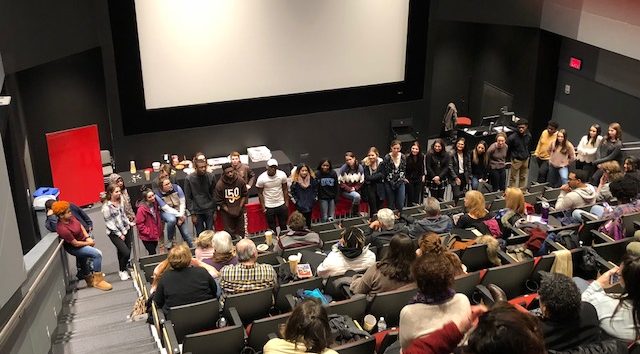Page 335 of the book, “A New History of Documentary Film” by Betsy A. Mclane, describes Werner Herzog as “a force, a genre, a mode, a style, a voice, a type all his own.” Herzog has a desire to put his audience back into a position where they can trust their eyes and ears. This is something I think all documentarians should strive to achieve as well. The audience should trust both the filmmaker and the film.
When watching Grizzly Man, I really admired and valued Herzog decision to narrate the film and insert himself into specific interviews. In Grizzly Man, there was so much footage from Treadwell and I feel as though without Herzog narration the significance of the footage might have been lost on the viewer. I also found that Herzog inserting himself into the film at times made the situation feel more genuine and real. The terrible circumstances surrounding the death of Timothy Treadwell and Amie Huguenard in Grizzly Man, made the film a difficult story to tell in certain scenes. I think Herzog narration and insertion of himself made the film more powerful and respectable. We could feel the impact the story had on Herzog.
I was surprise when reading that Herzog generally narrates his all documentaries in this way, asking questions of himself, and appearing on camera. Obviously I found this approach to be moving and valuable in Grizzly Man, but I wonder if it has the same effect in his other films. The book talks about Herzog 1997 film, Little Dieter Needs to Fly, where Herzog takes the main character back to where he was taken as a prisoner of war. Herzog goes as far as hiring locals to play the part of his captors to renact the events and retraces the main characters steps together. Herzog enters this man’s life and makes him recite and experience his own horrors again for the camera. I feel like I would have to see the film to make any real moral judgements about it, but it seems as if Herzog approach in this flim may probe a bit far. As a film maker, I don’t think I would be willing to pay people to “recapture” a prisoner of war just for a good shot, even if he agreed to it.
